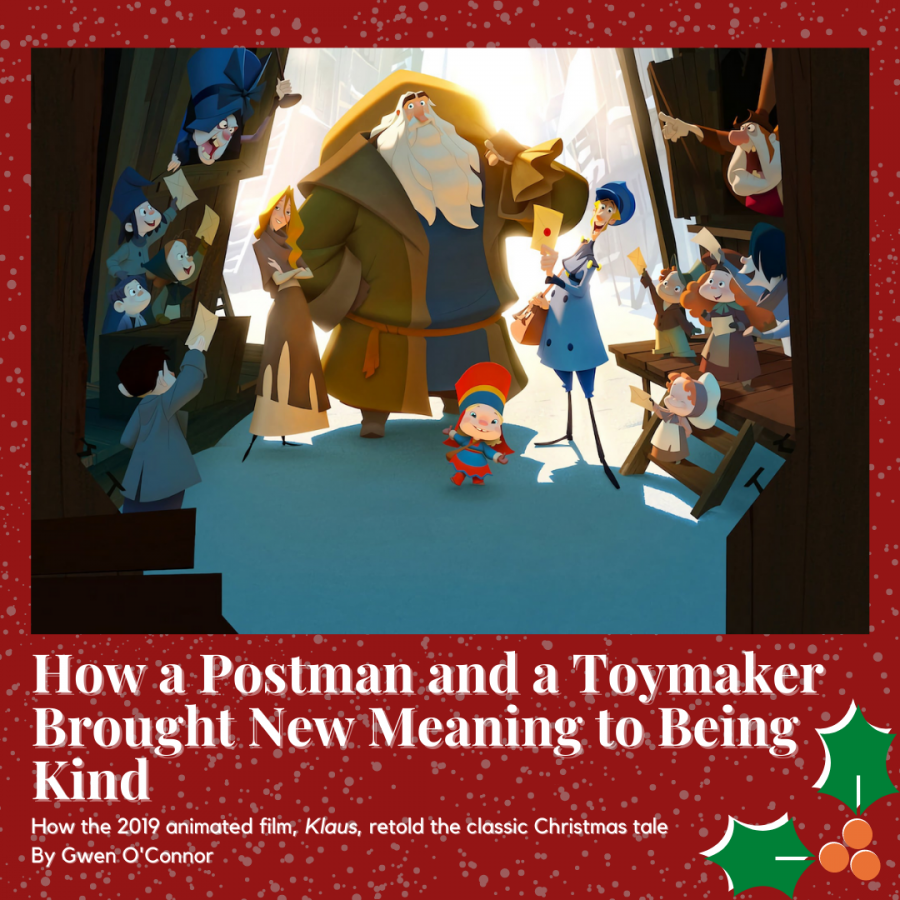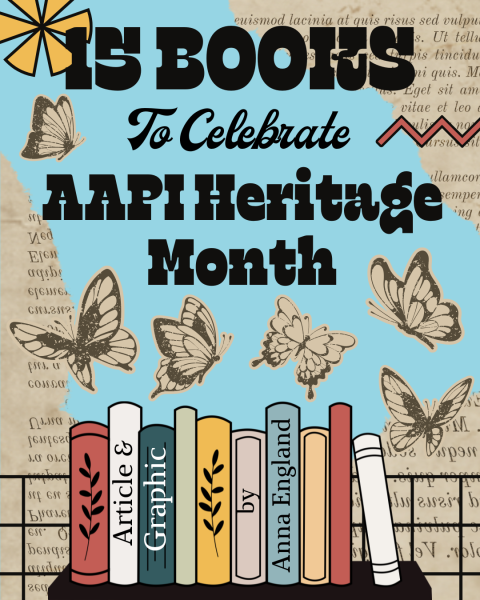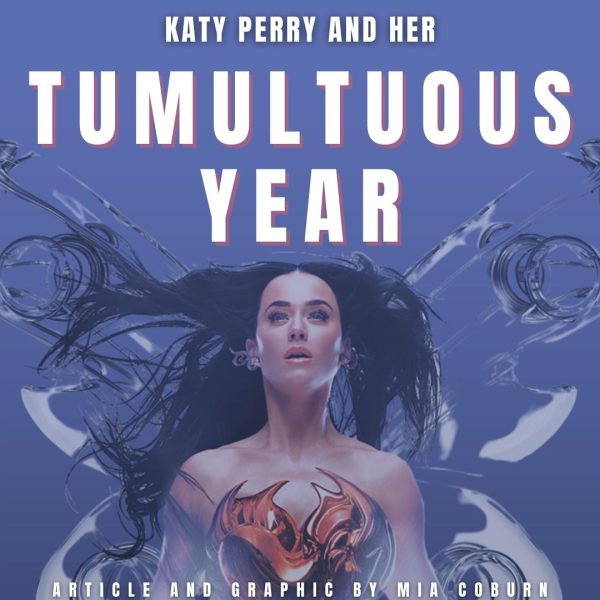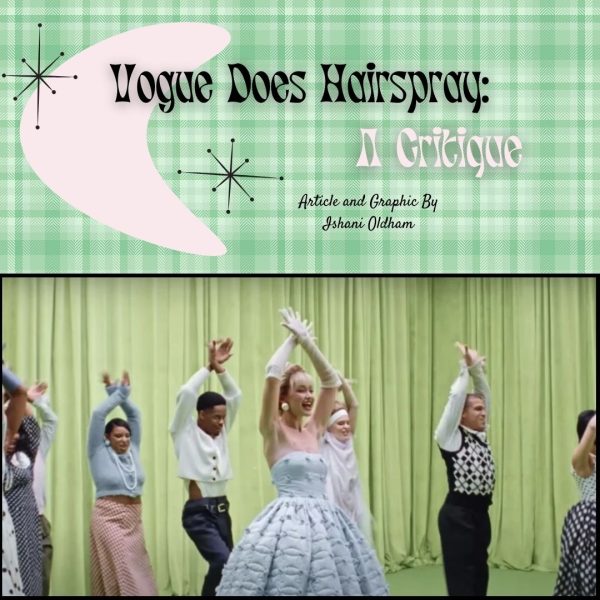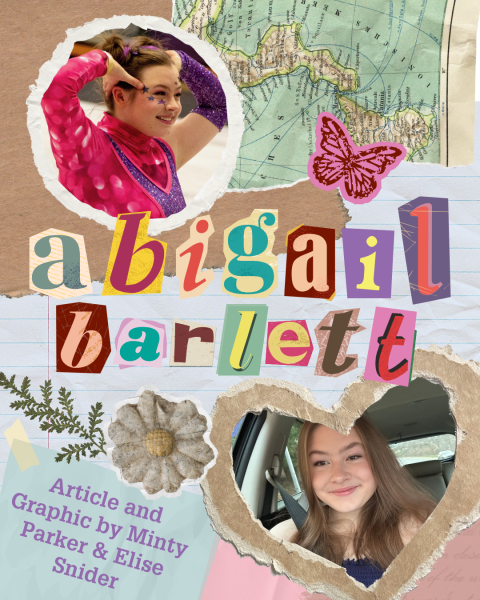How a Toymaker and a Postman Brought a New Meaning to Being Kind
[Picture it:] It’s a Friday night in December, and you’re curled up on the couch with your mug of hot cocoa and your favorite pajamas, eager to watch National Lampoon’s Christmas Vacation. But instead, your older brother decides to convince your parents to watch something you’ve never seen instead: Klaus. You’re reluctant to watch it, since it came out last year, and no holiday movie beyond the 2010s can ever measure up to your high expectations of Christmas movies, thanks to classics like Elf, The Polar Express, and Gremlins. But when the ending credits roll, you realize you have added a new film to your annual Christmas Must-Watchlist. How had you never heard of it before tonight?
Though Klaus was somewhat swept under the radar due to its release alongside Frozen 2 and It’s a Beautiful Day in the Neighborhood, the 2D animated feature film received rave reviews, 94% on Rotten Tomatoes, and even a couple of Oscar nominations. But what’s even more important than the quality of the film is the message it relays to audiences of all ages.
Klaus tells the story of Jesper, the son of a famous postman, who is banished to a secluded, frozen island called Smeerensburg, with the mission of convincing the locals there to write and send letters. Instead of warm and friendly neighbors, Jesper finds himself in the middle of a Romeo & Juliet-style rivalry between the Ellingboes and the Krums. While struggling to meet his goal of 6000 letters sent in one year, Jesper meets Klaus (whose pronunciation rhymes with “house”), an isolated toymaker with a long, white beard. The two join forces to bring toys to the melancholy children of Smeerensburg, encouraging them to write to the legendary Klaus about what toy they wish to receive, if they’re kind enough to deserve one.
Through this retelling of the classic Christmas story of Santa, his toys, and his sleigh with eight reindeer, Klaus breaks down the true meaning of being kind to others around you. The children of Smeerensburg find themselves taking care of their elderly neighbors, helping their families with housework, and attending school to gain an education, to avoid being placed on the infamous Naughty List, receiving a piece of coal instead of a hand-crafted toy. No more are modern-day Christmas movies about a big-city woman coming back home to the small town she grew up in and falling in love with a farmer who loves Christmas, like every Hallmark original. Klaus manages to keep that feeling of childhood innocence and Christmas magic in a more conventional and realistic story about a toymaker and a postman.
A year after its release, Klaus may even be more relevant now than before. With countless references to the postal service community and the concept of letters bringing people of great distances together, it is a perfect reminder of how kindness doesn’t have to be in face-to-face interactions, but something as simple as words on a page, and how one act of kindness sparks another.

(She/her)
Gwen is over-the-moon to be back in school for her senior year, and to be Co-Editor in Chief of the Eagle's Eye! Her favorite topics to write...


